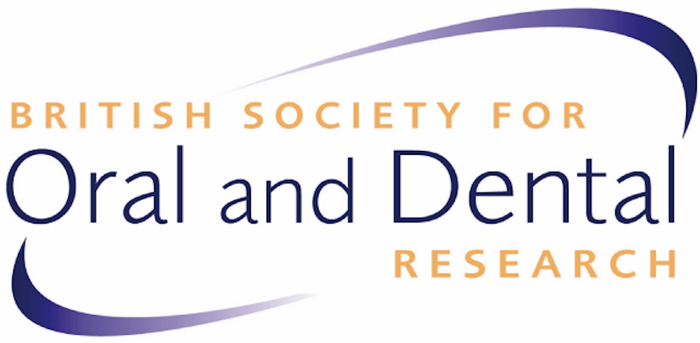
Haleon Mineralised Tissue Group (MINTIG) Research Award
Haleon graciously offer a prize, worth up to £1,500 for the best oral presentation showcasing the highest standard of mineralised tissue research. This research award is intended to fund activities that will be of benefit in enhancing an individual’s career development – beyond that offered by current research funding available to the researcher. This may include travel to a conference or centre of excellence in mineralised tissue research, to encourage and stimulate research; obtaining new pilot data to support a new collaboration or a fellowship application; attending an on-line course or workshop. It is not intended to be used to supplement consumables for current research activities. Many of the prize-winners to date, have used their prize to visit a centre of excellence overseas to gain research experience, increase their visibility and make new contacts.It is expected that the Haleon-Mintig award winner will submit a report to the BSODR outlining how they intend to use the award; this must be submitted prior to the prize money being awarded.
Eligible research must fall into the interests of the MINTIG research group of the BSODR. This include the study and understanding of the development, structure and functions of both dental and maxillofacial mineralised tissues in health and disease, dental caries, dental erosion, pulp biology, the hard- and soft-tissue interface and any other areas which have relevance to the study of mineralised tissues. Research may be multi-disciplinary in nature and the scope of the research activities encompass both basic and clinical scientific approaches.
Eligibility
Prize entrants should be a postgraduate student or early career researcher within five years of obtaining a PhD. Papers may be co-authored, although the applicant should be responsible for at least 75% of the work presented. The research will primarily have been carried out in a UK. In order to be considered for the competition, the entrant’s research may not have been published prior to submission (papers under consideration are acceptable).
Submission Process
Please submit a 300 word abstract for the meeting via the abstract submission site (see events page for details).
Submissions are only accepted from the researcher wishing to be considered for the prize. Submissions made by co-authors or supervisors on the applicant’s behalf will not be considered. The email address through which the submission is made with be used as the address for all future correspondence. You should receive confirmation of receipt of your prize submission within 10 working days of the abstract submission closing date.
The prize will be judged on an oral presentation given during the BSODR Annual Meeting.
Some BSODR Prize competitions will be held during special sessions that can precede the main body of the meeting. Entrants are strongly advised to bear this in mind when making travel arrangements and contact the Chair of the BSODR Awards before finalising their itinerary.
Feedback
It is the policy of the BSODR to provide informal feedback on the judging process to the prize entrants, if requested. Queries should be made in the first instance to the Chair of the BSODR Awards: Dr Lynne Bingle (l.bingle@sheffield.ac.uk).
Eligibility Statement
For all prizes, applicants must be able to answer in the affirmative to the following questions:
1. That you only entered be considered for one of the BSODR prize;
2. That the studies to be presented were undertaken whilst affiliated to a UK based University (research may involve work in collaboration with colleagues abroad, but your home institution should be based in the UK);
3. That (depending on the award) you are either a undergraduate student, postgraduate student, or researcher in the early stages of your research career (ie research student or postdoctoral researcher, research fellow or newly appointed lecturer within 5 years from award of your PhD);
4. That you can claim at least 75% input into the study (i.e. that data collection is wholly from your effort, but allowing for expected academic input from supervisors and the rest of the research team named on the abstract);
5. You are a fully paid member of the BSODR/IADR;
6. That you are available to present at the relevant meeting.
